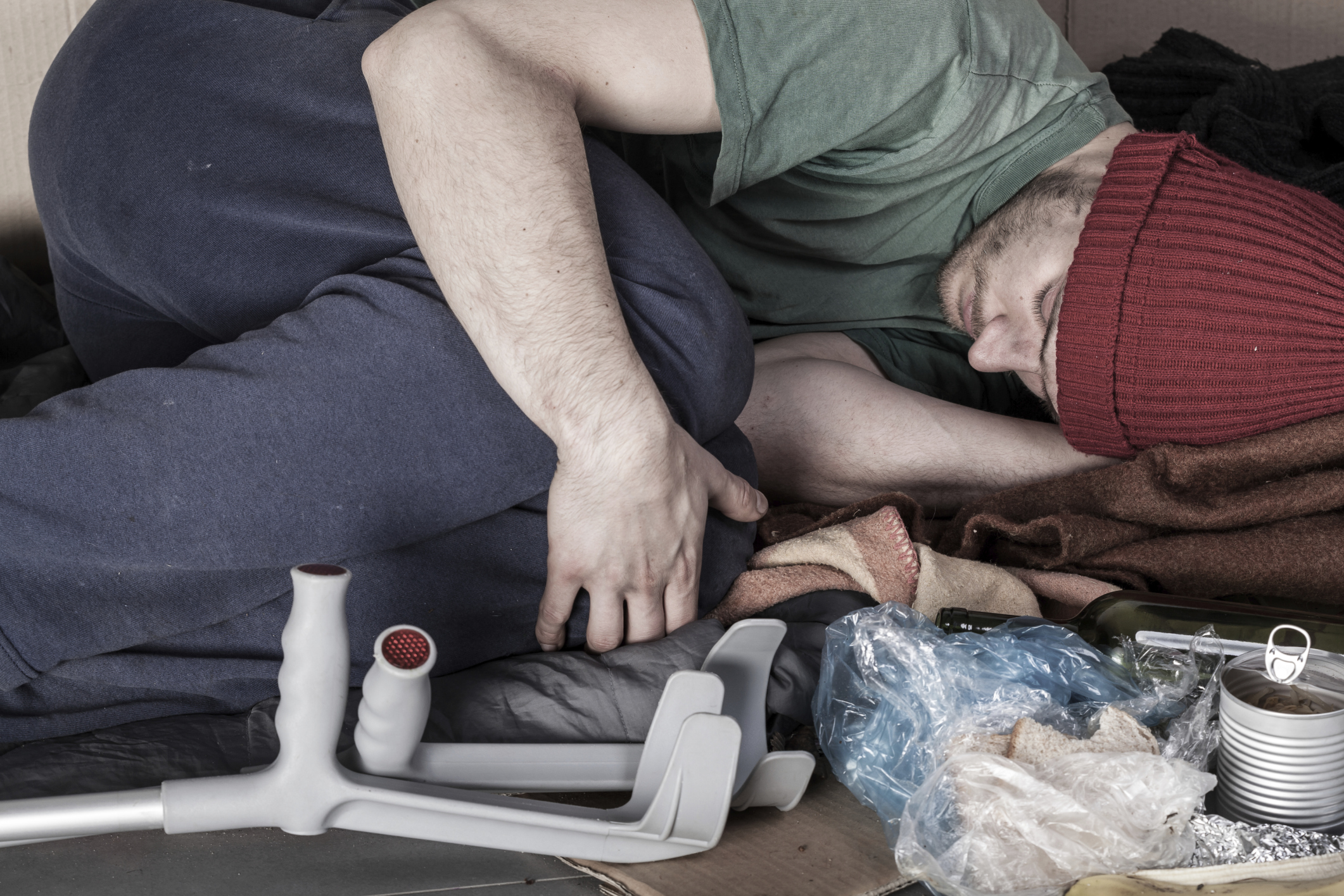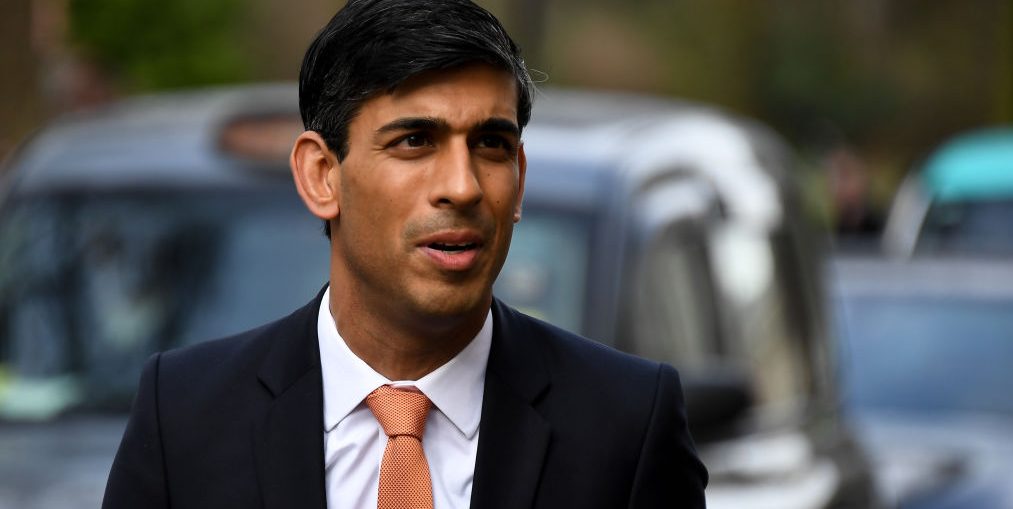‘Life lesson’
How do trade unionists first become members? Many will join when they have a problem at work, while others might get involved earlier, if say, their parents were members themselves.
But many millions of people —  especially younger people who’ve come of age after trade union membership was higher than it is now — may never join, simply because they’ve never learned what a trade union is.
Joe Short, 17, is one such young person who tells UNITElive that just a few months ago, he didn’t know what exactly trade unions did.
“To be honest, in school you’re only taught the big historic events about unions forming and bits about strikes during the 1980s,” he says.
Joe’s classmates say they feel the same – that beyond a historical footnote in their classes or hysterical headlines in the newspapers, the actual work of unions is in many ways a mystery.
Unite in Schools
But that’s now changing thanks to Unite in Schools, a national programme run by the union which aims to teach school students about the role of trade unions in the workplace. Unite connects with schools across the country to have group sessions with pupils, typically in years 10 and 11, who get practical information about unions.
The sessions are run by Unite Community volunteers and workplace reps – in the last four years, Unite in Schools has reached out to thousands of young adults. In the London and Eastern region in the last eight months alone, nearly 7,000 students have attended Unite in Schools sessions.
The talks have been praised by schools for their interactivity – students often role play different scenarios – as well as their relevance to young people. A film showing worker abuses at Sports Direct often hits close to home, as many of the pupils will have worked part-time at big retailers.
After a Unite in Schools session, Joe says he’s much more informed about trade unions.
“It was interesting to see how they actually work today,” he said. “You see a lot about protests in the news but you don’t know what unions are doing on a day to day basis.”
Joe’s classmate Grace Nightingale, also 17, agrees.
“I didn’t have that much knowledge of trade unions but I did think they were a good idea because they help protect people in the workplace,” she said. “I learned a lot more from that talk because I learned exactly what they are what they do.”
Trip to Parliament
Yesterday (April 25) Grace, Joe and over a dozen of their classmates from Billercay Sixth Form travelled to Parliament with Unite to see another part of democracy in action. They were joined by Labour MPs Vicky Foxcroft, Jim McMahon and Cat Smith, to talk about the issues that matter to them as young people.
High on the agenda was granting the vote to 16s and 17s. McMahon tabled a private members bill last November on the matter – one that was cynically blocked by the Tories. Labour is still planning to push the issue again this year, and it’s an idea that’s quickly gaining traction across the political spectrum.
“There’s no two ways about it – politics happens to you, and we want you to be part of that process,” Smith, who is also shadow youth affairs secretary, told the pupils.
Pointing to the financial crisis and austerity, Smith told them that they’ve “been forced to be mature.”
“You’ve not had an easy ride,” she said.
McMahon agreed, arguing why having their voices heard in Parliament is so important.
“Yours is a generation that will have worse life chances than any other generation since the industrial revolution,” he said, noting that it is young and working class people whose concerns are all too often ignored.
The sixth form students told the MPs what worries them about their future most – namely, insecure work like zero hours contracts, university fees and a blatantly discriminatory minimum wage differential for those under 25.
“The train ticket to come here today cost me about six hours’ work,” one student, who is paid only £5 an hour, noted. “It doesn’t seem fair that we pay the same for travel, the same for a pint of milk but we’re expected to earn so much less than people only a few years older than us.”
The MPs, all three trade unionists, also explained to the students how union membership can help them.
It was enough to convince at least one student, who signed up to Unite on the day – several others who work in low-paid jobs in shops, bars and restaurants, said they too would soon join.
‘Your voice does matter’
Whether the group of young people will become lifelong members or the next generations of reps is yet to be seen, but one thing is certain – it was a day that they won’t soon forget.
“It was a unique opportunity to actually talk to MPs,” said Billercay Sixth Form head Fiona Smith. “It’s really important to convey to them that you can get involved; that you can make a difference and that your voice does matter. It’s a life lesson for them.”
Politics teacher Dan Bacon agreed.
“It was really nice to see politicians talk to students in a way that was engaging to them,” he said. “They saw three MPs who weren’t very old, who came from very normal backgrounds. It showed that politics is accessible to them.”
London & Eastern Community and Unite in Schools coordinator David Condliffe praised the students for their involvement.
“It was great to see these young people’s appetite for engaging in civil society,” he said. “The political engagement that these students are developing now will be exactly what’s needed in the future, when they become the next generation of leaders. I’m proud that Unite could help in facilitating what will for many be their first close-up introduction to Parliamentary politics.”
‘Vital work’
Unite Community national co-ordinator Liane Groves, who oversees Unite in Schools nationally, praised the volunteer speakers for the work that they do.
“Last year alone, we reached out to 12,000 students nationally,” she told UNITElive. “The students have been excellent – they’ve been really receptive to the idea of collectivism and seeing it in action.
She explained that it is not an easy programme to run – training enough volunteer speakers is challenging. Reaching out to more and more schools, too, has been a challenge, and Groves says Unite members with connections to schools can help by facilitating introductions.
Despite the difficulties, she adds that the results are “really heartening – we’ve had such fantastic reaction from both the students and the schools.”
“We hope to grow every year – no other union is doing this work and we see it as vital in countering the entrenched anti-union narratives in the media and elsewhere.”
If you’re interested in becoming a volunteer speaker for Unite in Schools, email Liane Groves at liane.groves@unitetheunion.org
 Like
Like Follow
Follow


